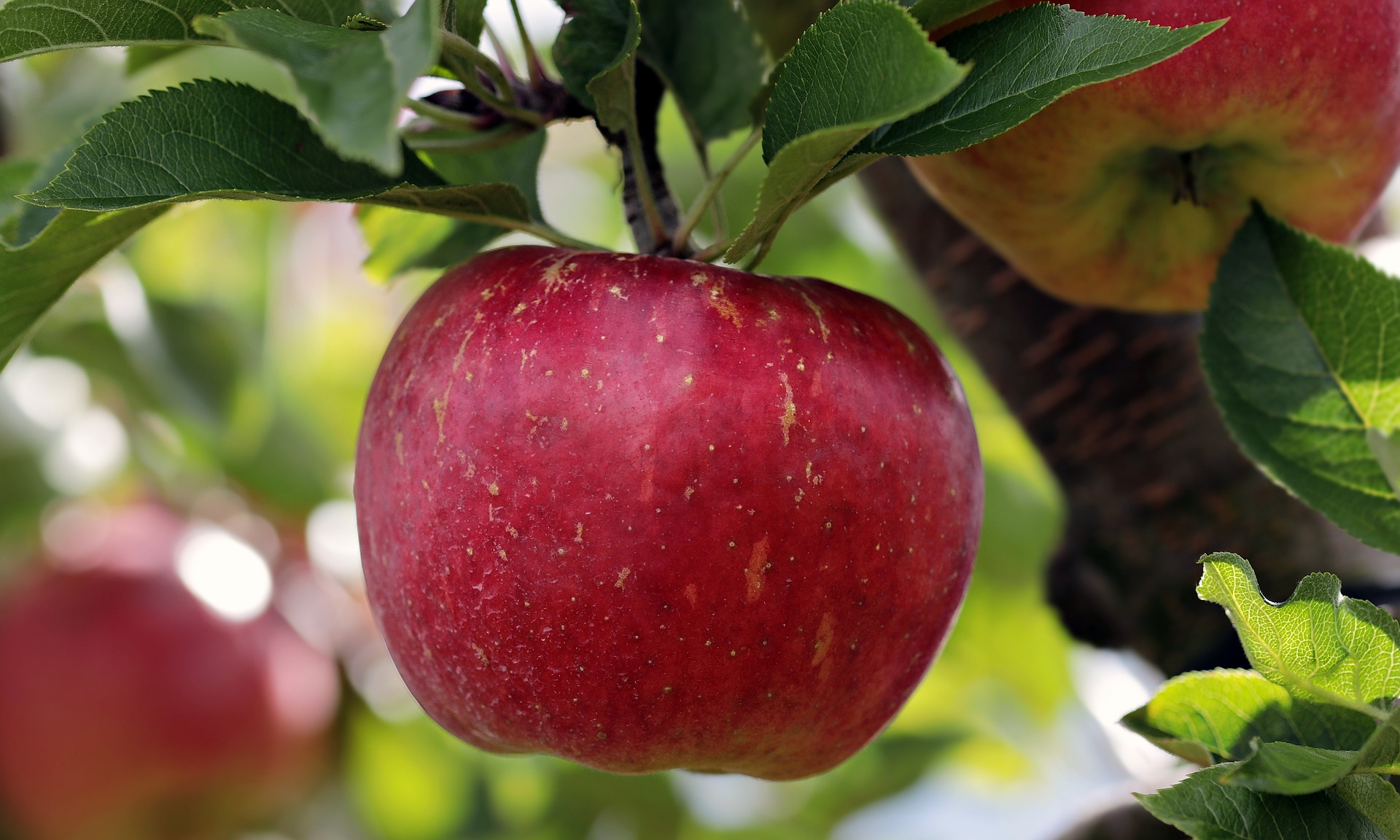This is the time of year most people are thinking about improving their health through nutrition. A recent study showed that small changes in diet could help you live healthier. The study evaluated about 5,800 foods and ranked them by their disease burden and environmental impact. Researchers found that substituting just 10% of your daily calories from beef and processed foods with fruits, vegetables, nuts, legumes, and certain seafood can help you gain 48 minutes per day of a healthier life.
So how do you do that? Here are some ideas for small changes in diet. Choose those that fit easily into your lifestyle. Small, gradual changes can be a good way to improve nutrition permanently.
The Top Ten Small Changes in Diet for Better Health
1. Increase Fruits and Vegetables
Fruits and vegetables are foods that are loaded with vitamins, minerals, fiber, water, and many other disease-fighting nutrients. Here are some easy ways to increase your intake:
- Eat an apple a day. There is some truth to the old saying, “An apple a day keeps the doctor away.” Consider any fresh fruit for a healthy snack.
- Have a salad every day. This is a great way to increase your vegetable intake. If you are not the type to wash and store salad veggies in your refrigerator, then get a prepared salad at a grocery store, restaurant, or salad bar. Try this amazing Japanese salad dressing to improve flavor and boost nutrients.
- Drink some green juice regularly, at least three times a week. If you aren’t up for making it yourself, buy a prepared brand. I really like Trader Joe’s cold-pressed green juice, but you can find green juice at Costco or natural grocery stores. Check out this recipe that uses green juice from Trader Joe’s.
- Always have cut-up carrots, celery, and jicama sticks handy and some hummus. This is a really great nutrient-dense snack.
2. Reduce Beverage Calories
Beverages can contribute hundreds of unnecessary calories to your daily diet. And those containing artificial sweeteners (zero calories) can actually promote weight gain. Consider eliminating alcohol from your diet for at least 30 days and you may notice some major improvements in your health (especially if you want to lose weight). Make regular filtered water or infused water your beverage of choice.
3. Reduce Portions
While reducing portions does not address food quality, it’s a good start. I’ve seen this work really well for weight loss. Combine this with mindful eating, such as eating at a table, chewing food completely, eating slowly, and being away from the television, phone, or other distraction. This can quickly put you on the road to better health without feeling deprived.
4. Stop Eating Two Hours Before Bedtime
Digestion slows down as the day progresses and eating too late can affect metabolism. Consider making breakfast or lunch a larger meal or finish dinner by 7:00 p.m. If you work late and miss dinner, have some soup or a meal replacement smoothie and look forward to a healthy breakfast. Allowing some extra time after dinner will help create a 12 to 14-hour intermittent fast, which is also beneficial for health.
5. Eat at Regular Times
Eat three meals daily at approximately the same time. This helps keep your blood sugar stable and encourages bowel regularity. Make sure each meal contains a balance of protein, carbohydrates, and fat. If you want to try intermittent fasting, I suggest finishing your dinner earlier rather than skipping breakfast (or any meal).
6. Reduce Eating Out
Count the number of times you eat out in restaurants, including take-out and fast food, and reduce this by 50 percent. Portions from eating out are usually too large and high in calories. You’ll also save money.
7. Plan Healthy Snacks
If you need to snack, be sure to have the healthiest options available. Some snacks can also serve as mini-meals. Here are some ideas:
- Fresh fruit (apple, pear, banana, orange) or berries
- Vegetables and hummus (you can also use a healthy, whole-grain cracker)
- Cherry tomatoes make a great snack!
- Organic turkey or beef jerky; meat sticks (I love the ones from Vermont Smoke and Cure)
- Fresh fruit popsicle
- 1/4 cup of raw nuts (measure this since it’s very calorie-dense)
8. Reduce Processed Starches and Refined Sugars
This includes French fries, chips, muffins, pasta, candy, cookies, soda, ice cream, and anything made from highly-refined flour or sugar. You know most of the foods that belong in this category. Just begin with reducing rather than eliminating, so you don’t feel deprived.
9. Improve the Distribution of Calories
Most people skip breakfast, eat a light lunch, and make dinner the biggest meal. Turn this around. Eat most of your calories during breakfast and lunch when you’re more likely to use the energy. Reduce the amount of food you eat for dinner and after dinner. This aligns better with your body’s daily rhythm and metabolism.
10. Reduce or Eliminate One Food
What do YOU KNOW you need to reduce or eliminate? Most of us intuitively know the one food item that is regularly sabotaging our efforts. This may be different for everyone, but I can guarantee that you already know one thing you can change in your diet for better health.
Small Changes in Diet are Easier
Instead of committing to an unsustainable plan, start with a few small changes until it becomes a regular habit. Food is meant to be an enjoyable part of life. Making small changes is often an easier way to improve nutrition and health. This also works great for gradual weight loss. Always focus on what you CAN do rather than what you CAN’T.

Excellent advice! I’ve made some of these changes and what a difference it makes, especially, to my attitude!